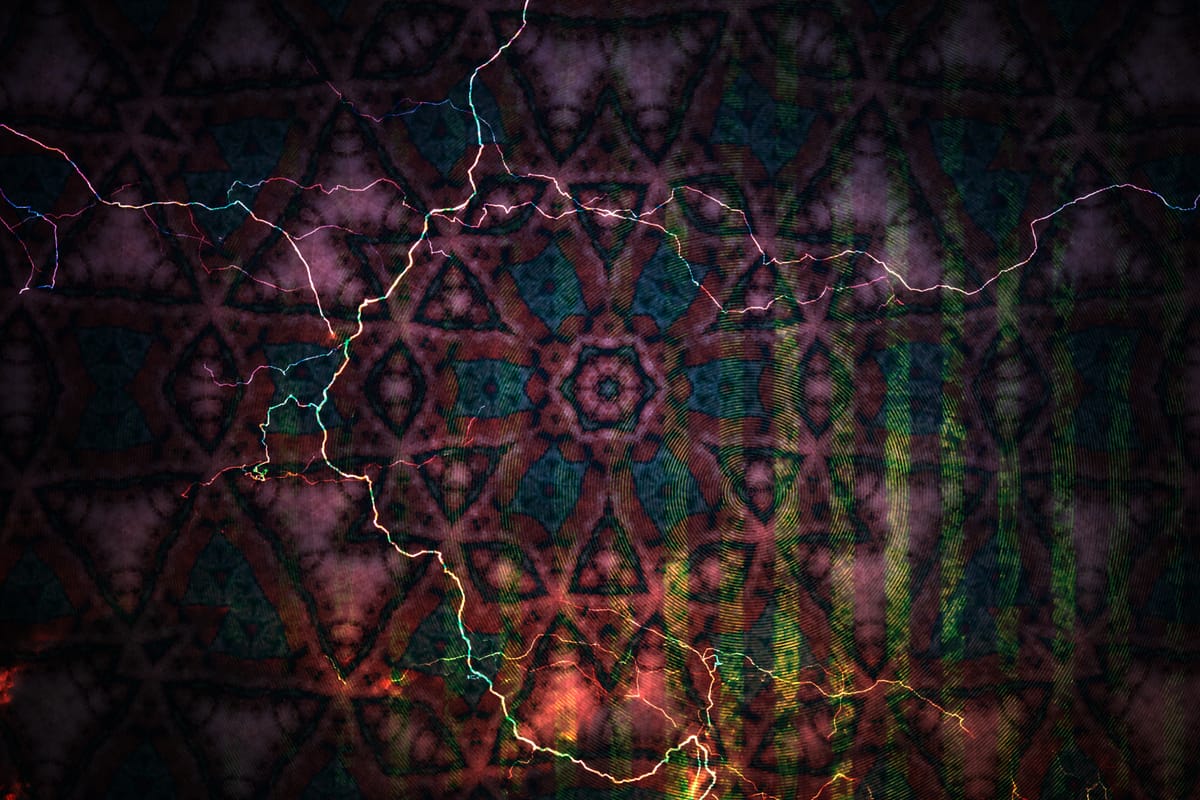In Vedic and Daoist philosophy, immortality doesn't simply mean extending our physical lifespan. Instead, it involves a profound investigation into the nature of consciousness and the fundamental essence of our being. Let's explore the ancient knowledge passed down to us and uncover the true essence of immortality. What does it mean to be immortal?
Background
Daoism
Daoism symbolises the universe's fundamental principle, marked by harmony and balance. The philosophy of Daoism emphasises the practice of Wu Wei, which supports effortless alignment with the Dao, promoting spontaneity and simplicity. Another critical aspect is Qi, the life force essential for vitality and spiritual growth. In Daoism, immortality is connected to spiritual enlightenment and transcendence, often explored through the practice of internal alchemy.
Veda
Vedic philosophy in the context of immortality is centred around Atman, the individual soul, and Brahman, the ultimate reality, whose unification is the key to attaining spiritual liberation. It is believed that Moksha, or liberation from the cycle of birth and rebirth, is the ideal and is equivalent to immortality beyond the physical world. Implementing practices for thorough self-cultivation is crucial to achieving self-awareness and disengaging from material desires.
Both Daoism and Vedic thought thus offer profound insights into the nature of existence and the path to transcendence. While differing in practices and beliefs, their quests for immortality aim to elevate the human experience to a realm of greater understanding and spiritual connection. These traditions encourage a reevaluation of the meaning of immortality, emphasising its spiritual dimensions over mere physical survival and leading us to a deeper comprehension of our place in the cosmos.

Dao
In Daoism, immortality is seen as aligning oneself with the Dao, the basic essence of the universe. This path is characterised not by the conquest of time but by a profound attunement to the natural rhythms of the cosmos, seeking a state of spiritual continuity and oneness with the universal flow.

Veda
In Vedic philosophy, immortality is a spiritual quest that leads to Moksha, or freedom from the cycle of birth and death. This quest is not for eternal life in the traditional sense, but for an awakening to the eternal self, the Atman, which exists beyond temporal constraints.
This post is for paying subscribers only
Subscribe now and have access to all our stories, enjoy exclusive content and stay up to date with constant updates.



